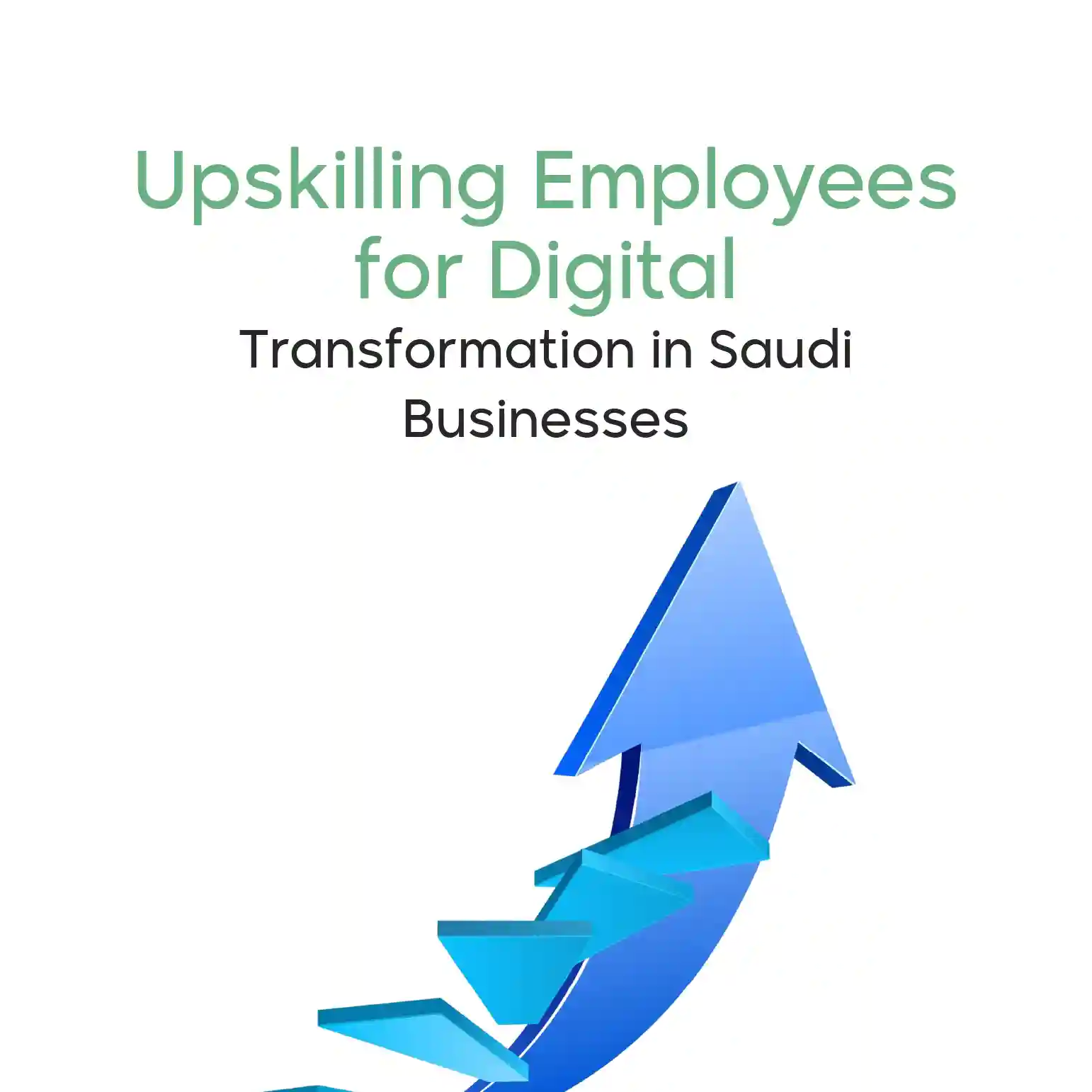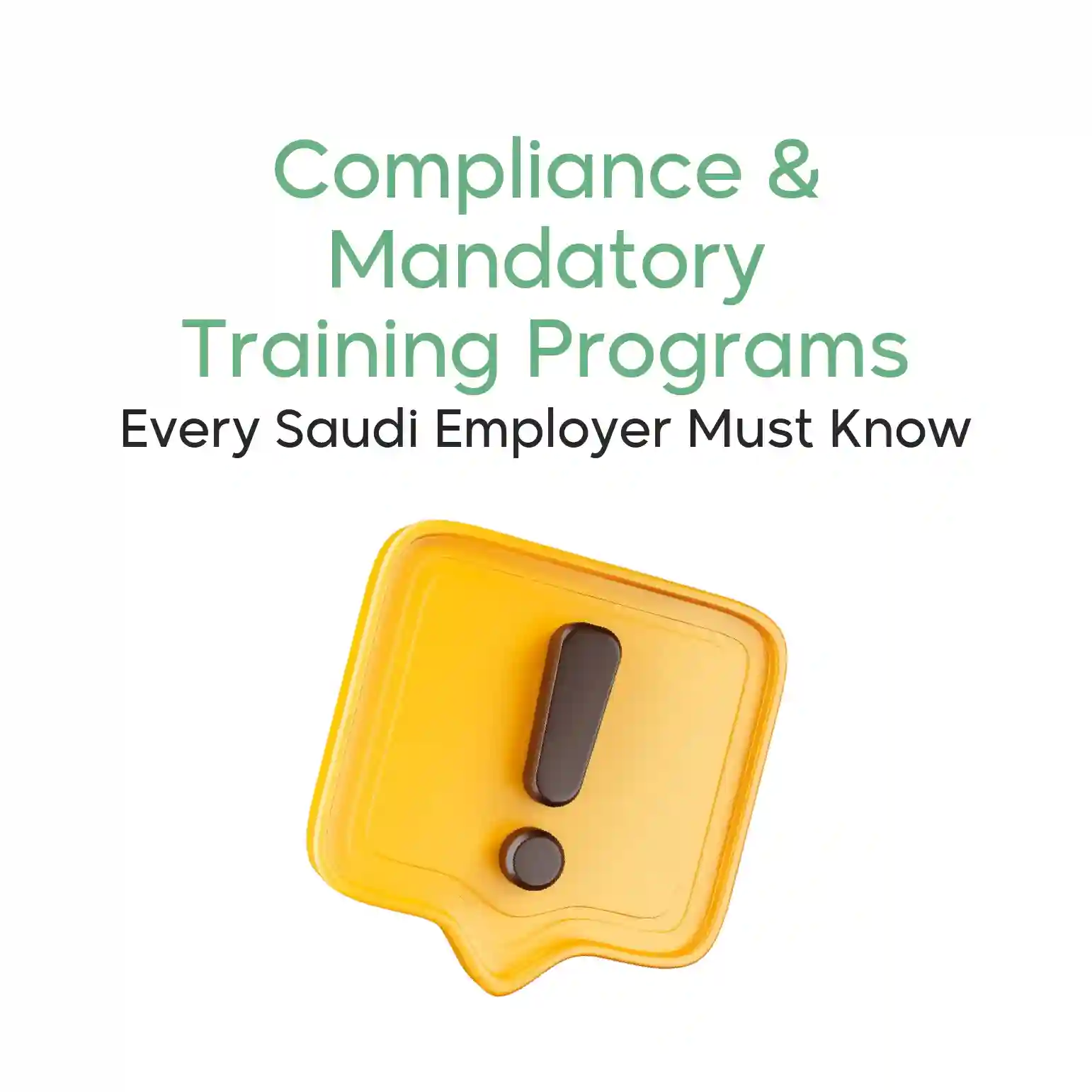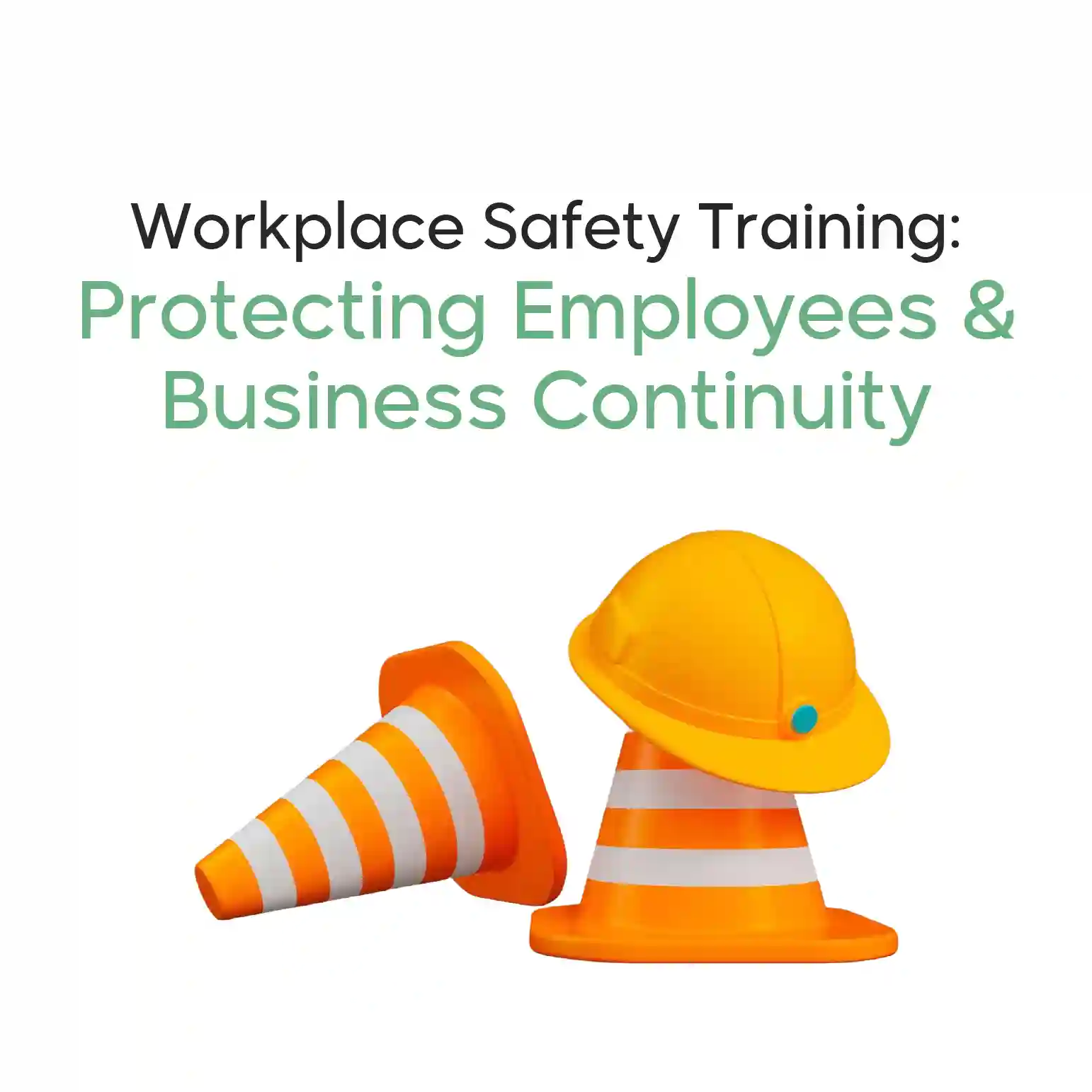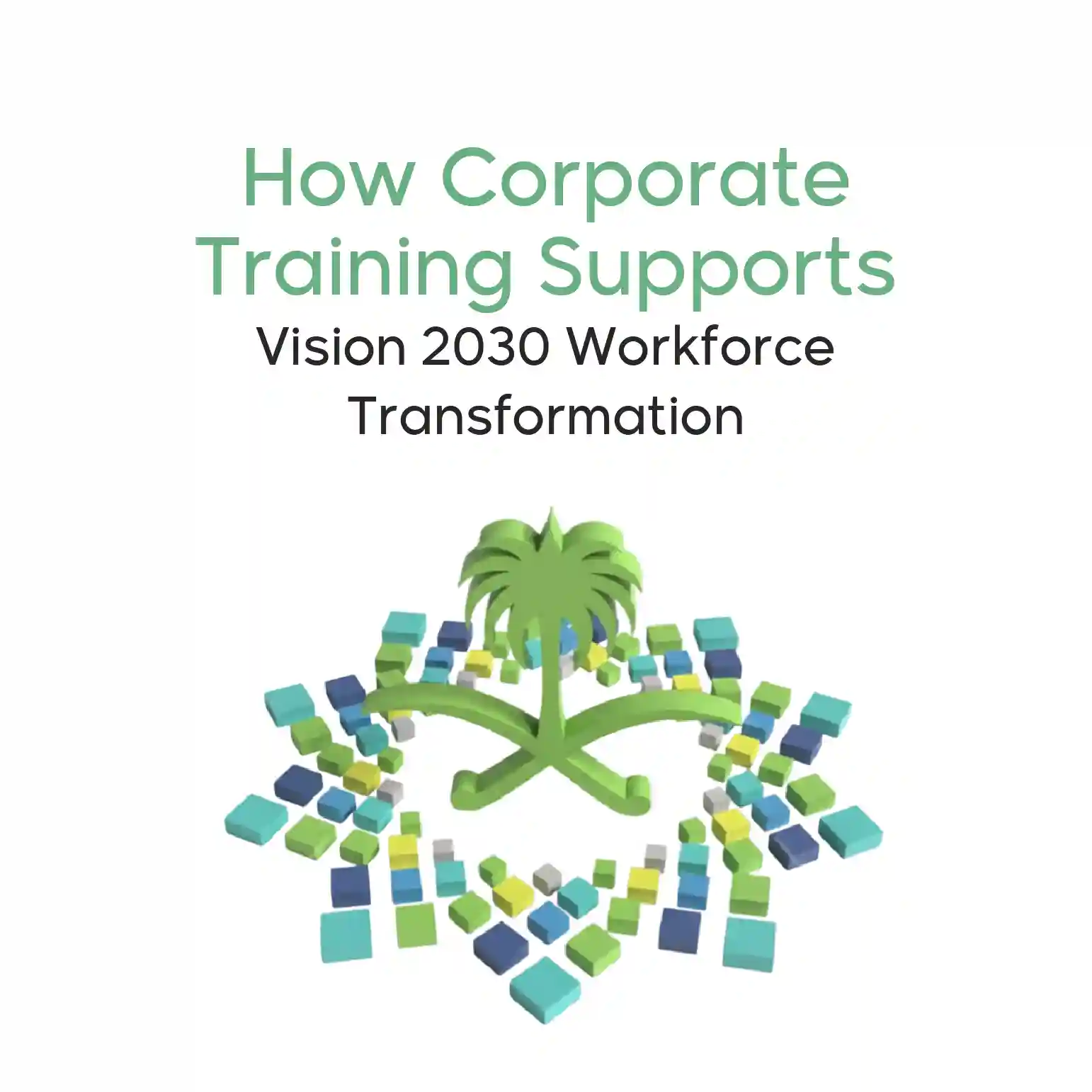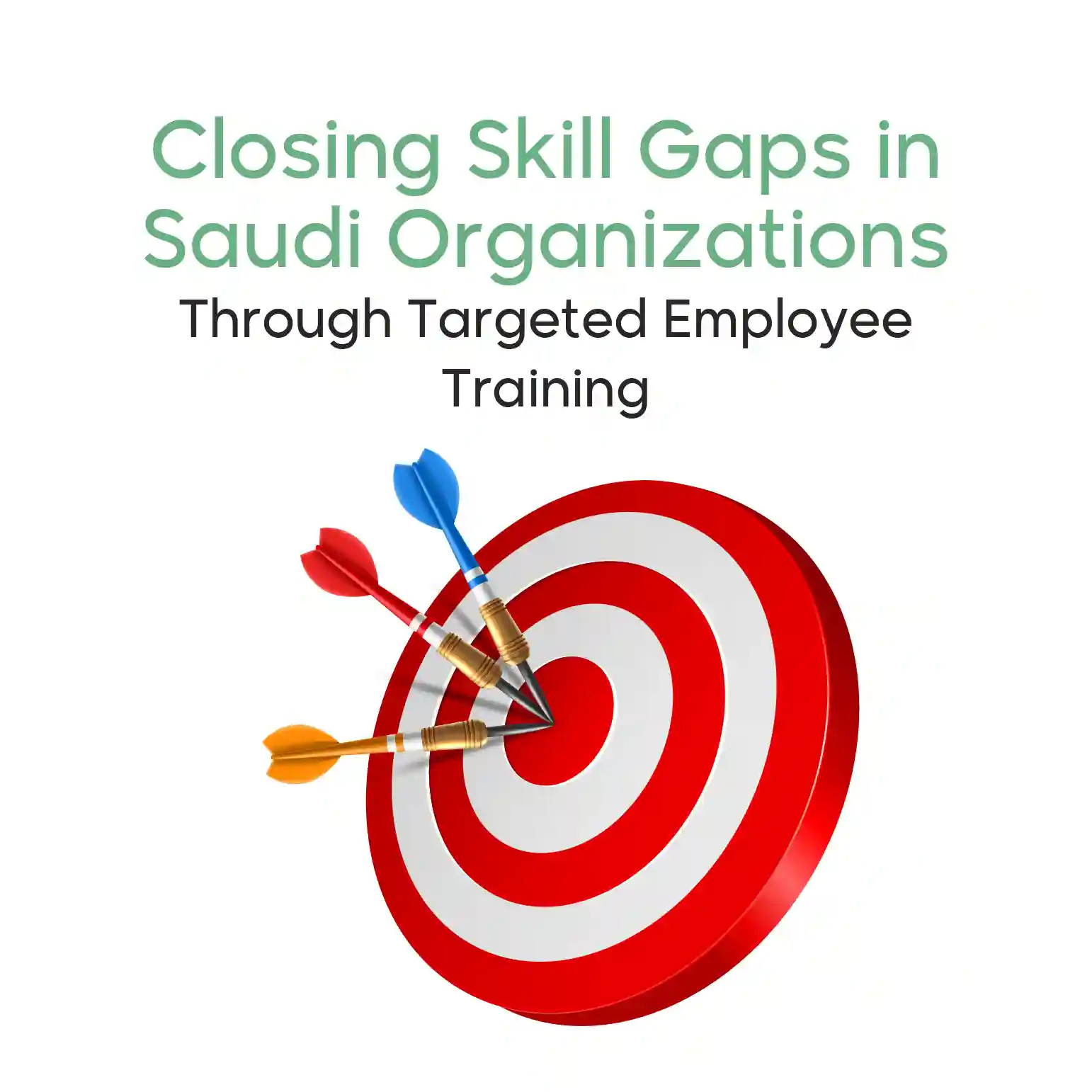

Top Skills for Jobs in 2026: How to Future-Proof Your Career
The world of work is changing faster than ever. By 2026, the job market will be shaped by new technologies, business models, and global competition. Employers are no longer looking only at degrees or years of experience. Instead, they want adaptable professionals who bring the right mix of technical expertise, problem-solving ability, and human-centered skills that strengthen teams and organizations.
If you are planning your career in Saudi Arabia or anywhere in the world, understanding the in-demand skills for 2026 is essential. Whether you are just graduating or already working, these skills will help you stand out in future jobs, improve your employability, and ensure long-term career growth.
1. Artificial Intelligence and Machine Learning
Artificial intelligence (AI) is no longer a buzzword. By 2026, AI and machine learning will be embedded in almost every industry, from finance and healthcare to logistics and marketing. Employers will expect candidates to have at least a working understanding of AI-driven systems, even if they are not technical specialists.
Why it matters: AI tools are automating routine tasks and opening opportunities for higher-value work. Understanding how AI models process data, predict outcomes, and make recommendations allows professionals to collaborate with technology rather than be replaced by it.
How to build this skill:
- Learn the basics of machine learning through platforms like Coursera, edX, or Udacity.
- Experiment with no-code AI tools to understand their applications in business.
- Stay updated with ethical concerns around AI to align with company policies and regulations.
2. Data Literacy and Analytics
The modern workplace runs on data. By 2026, decisions in marketing, supply chain, healthcare, and education will increasingly depend on strong data analysis.
Why it matters: Data literacy ensures organizations make informed decisions, reduce risks, and spot growth opportunities.
- Practice with tools such as Excel, Power BI, and Tableau.
- Take courses in statistics and business analytics.
- Work on real-world datasets to sharpen decision-making skills.
3. Cybersecurity Awareness
As businesses move online and adopt cloud platforms, the risk of cyberattacks grows.
Why it matters: One employee mistake can cost millions. Cybersecurity is a shared responsibility across all departments.
- Learn password hygiene and secure data handling.
- Explore certifications like CompTIA Security+, CEH, or CISSP.
- Join company-led cybersecurity awareness sessions.
4. Digital Communication and Collaboration
Remote and hybrid work are the norm. By 2026, professionals must master digital platforms for project management and virtual teamwork.
Why it matters: Clear communication prevents delays and improves productivity.
- Develop professional writing and presentation skills.
- Use tools like Microsoft Teams, Slack, and Zoom effectively.
- Practice cross-cultural communication for global collaboration.
5. Adaptability and Resilience
Why it matters: Technology and industries evolve quickly. Adaptable employees handle change without losing performance.
- Take on new challenges to grow beyond your comfort zone.
- Develop problem-solving and stress management habits.
- Practice mindfulness and goal-setting to strengthen resilience.
6. Leadership and People Management
Even in a digital-first world, people remain the key asset.
Why it matters: Leadership drives productivity, innovation, and engagement.
- Volunteer for leadership roles or mentorship opportunities.
- Learn conflict resolution and active listening techniques.
- Take management or leadership training programs.
7. Critical Thinking and Problem Solving
Why it matters: Automation can’t replace human judgment. Employers value those who analyze, question, and decide effectively.
- Use structured problem-solving like root cause analysis.
- Engage in debates and case studies to sharpen reasoning.
- Review past challenges and explore alternative solutions.
8. Sustainability and Green Skills
Why it matters: Sustainability is now a core business priority. Professionals who understand ESG, renewable energy, and waste management are in demand.
- Study sustainability frameworks such as ESG reporting.
- Learn about renewable energy and sustainable supply chains.
- Apply eco-friendly practices within your workplace.
9. Multilingual and Cross-Cultural Competence
Why it matters: In a globalized world, cultural and linguistic skills enable collaboration and prevent misunderstandings.
- Learn additional languages like Arabic, English, or Chinese.
- Develop cultural sensitivity and international etiquette.
- Work on global projects to gain exposure.
10. Lifelong Learning and Continuous Development
Why it matters: The most valuable skill is the ability to keep learning. Continuous development ensures long-term employability.
- Set yearly goals for certifications and training.
- Follow industry news, webinars, and online courses.
- Seek feedback and mentorship to identify improvement areas.
Frequently Asked Questions
- What skills are most needed in Saudi Arabia? — AI, data analysis, cybersecurity, sustainability, and leadership aligned with Vision 2030.
- Are soft skills or technical skills more important? — Both. Technical skills open doors; soft skills sustain success.
- Which certifications help in 2025? — Data Analytics (Google, Tableau), AI/Cloud (AWS, Azure), Cybersecurity (CISSP, CompTIA), Project Management (PMP, PRINCE2).
Final Thoughts
The future of work blends technology, adaptability, and leadership. Mastering these top skills will prepare you not only for your next job — but for a lifelong career in a fast-changing world.
“The future belongs to those who keep learning, stay resilient, and adapt to change.”
“The future belongs to those who keep learning, stay resilient, and adapt to change.”
